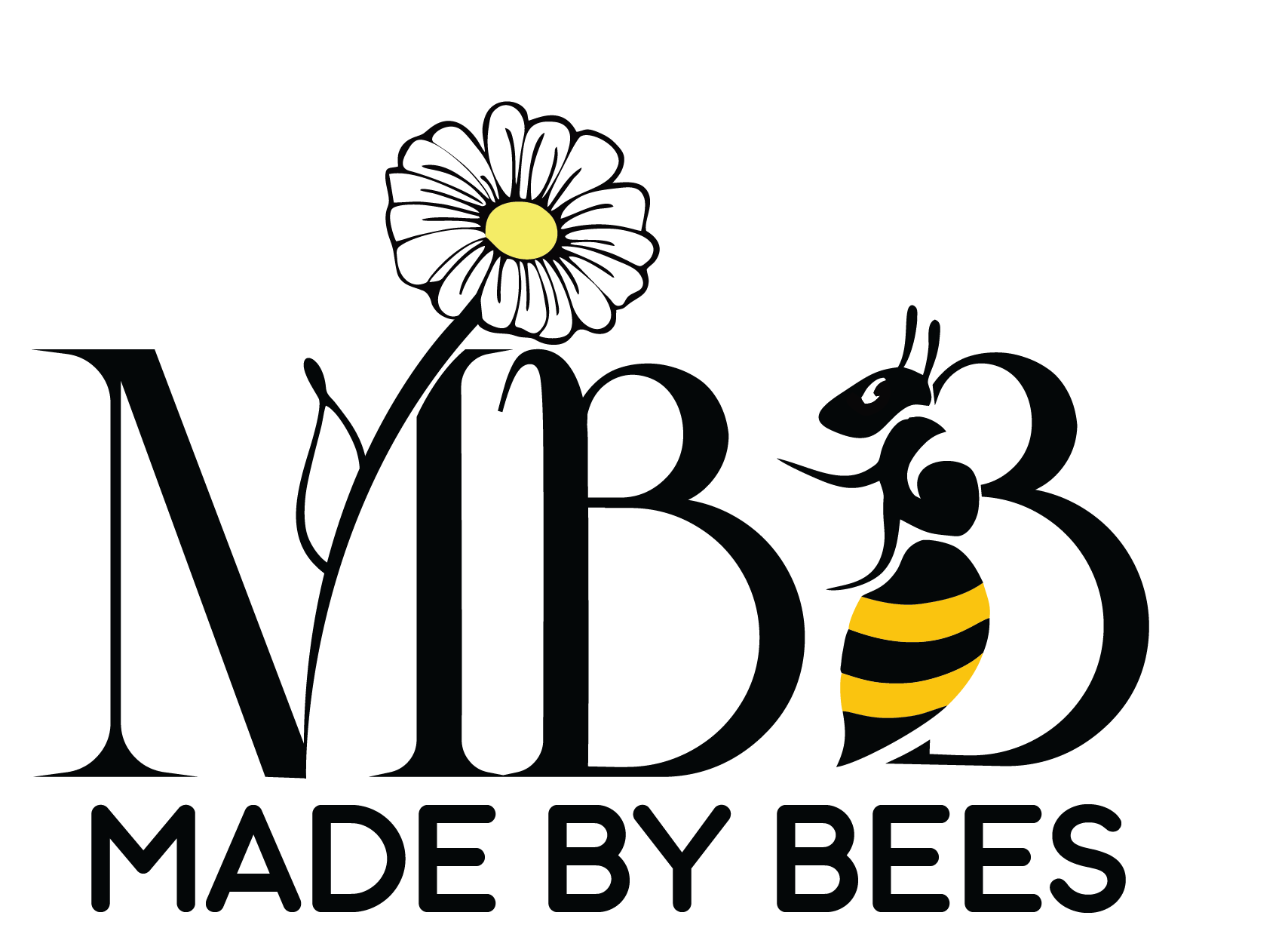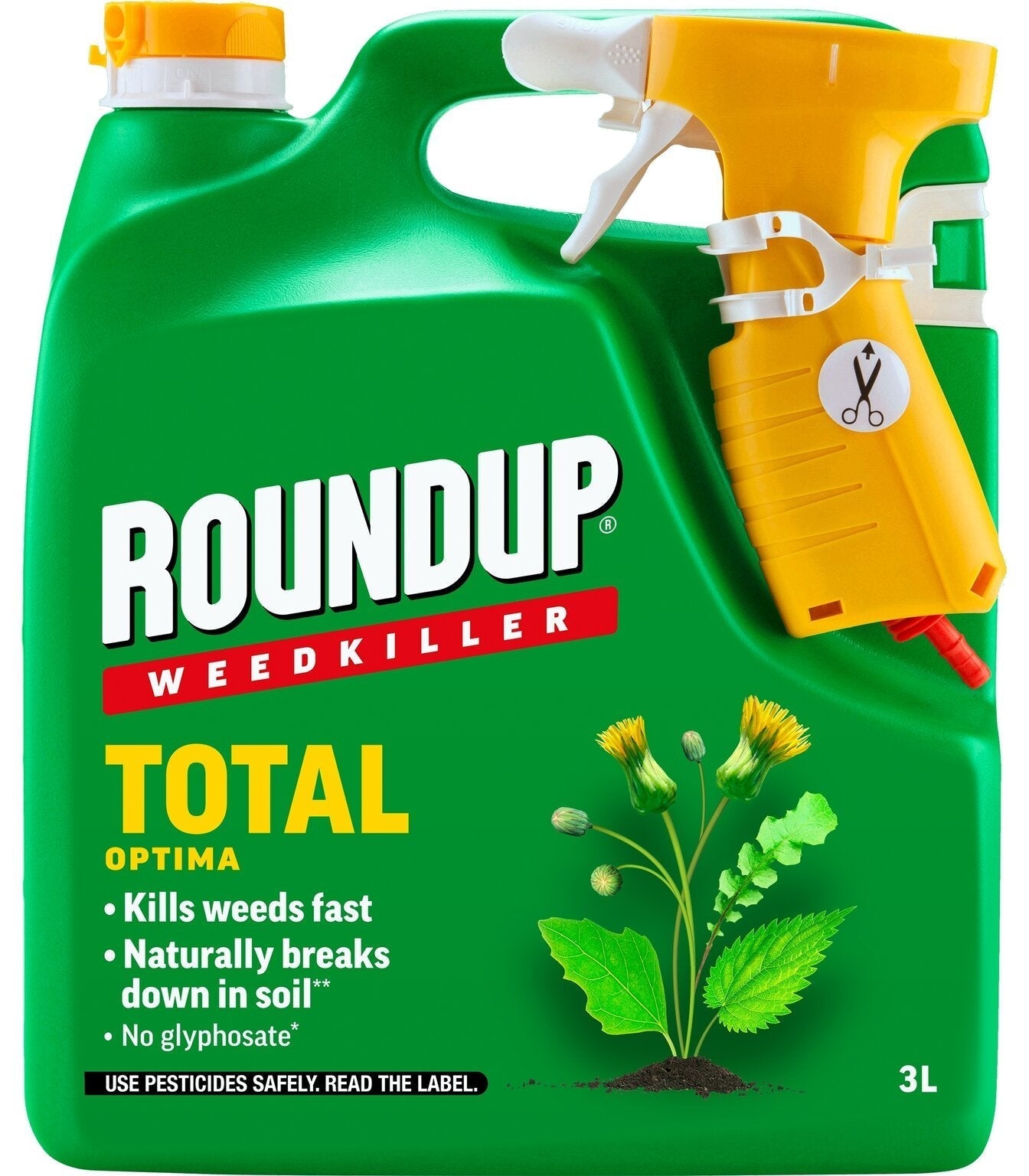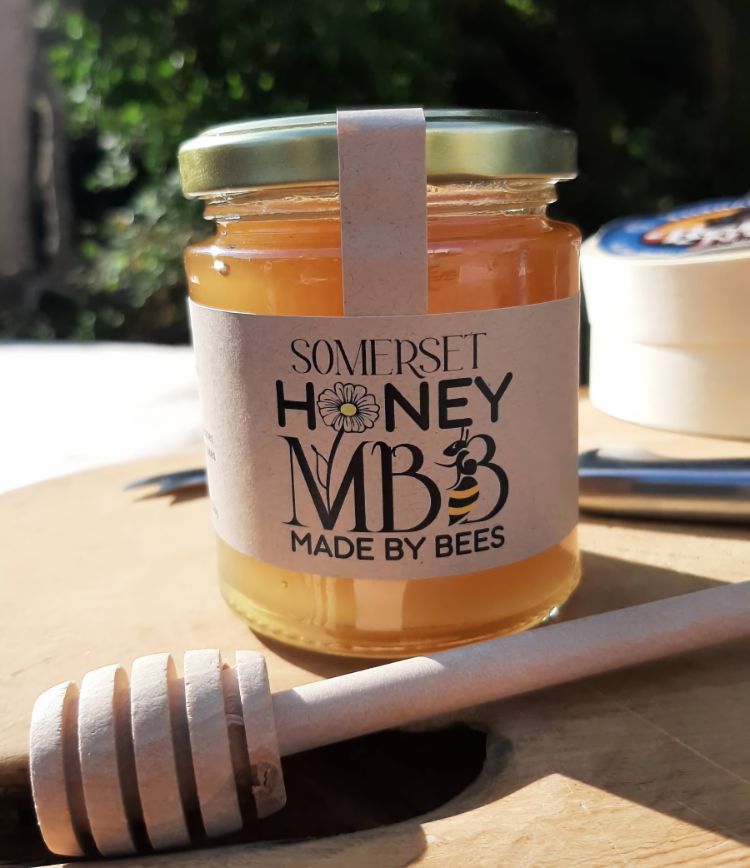Glyphosate is the active ingredient found in most herbicide treatments available today and is widely available in garden centres and supermarkets. It is harmful to health, insect biodiversity, aquatic life and the environment.
Glyphosate is a systemic (translocated) herbicide that moves from the treated foliage to other plant parts, including the roots. In this way, glyphosate kills annual and perennial weeds. Glyphosate is non-selective. This means a single herbicide can be used to control most weeds – grasses, sedges and broadleaves.
Never use glyphosate period, but if you feel you have to, never use in your vegetable garden, never use on fruit, near water sources, near pets, near children, in public spaces, near flowering plants, near beneficial insect life.
Washing vegetables to remove glyphosate is not effective as the chemical is systemic and can be found in very cell of the plant, which means you will be ingesting it.
A new study, Arizona State University researcher Ramon Velazquez and his team demonstrate that exposure to an active ingredient in weed and grass killers, called glyphosate, can result in significant brain inflammation, and increase the risk of neurodegenerative disease and Alzheimer's-like effects.
A 2023 study by The University of California, Berkeley, found that glyphosate is a probable human carcinogen.
Liver and kidney damage. Glyphosate may affect your kidney and liver. Studies of humans have found possible links between glyphosate and non-alcoholic fatty liver disease, metabolic syndrome, cirrhosis, and chronic kidney disease.
Endocrine and reproductive issues. The EPA says that there is no evidence that glyphosate interferes with the endocrine system or hormones in humans, however a 2024 study linked glyphosate levels to infertility in men.
Digestive issues. According to a 2020 study, a majority of gut bacteria may be susceptible to glyphosate, which could affect the makeup of the human gut microbiome.
Glyphosate-based formulations (GBFs), such as Roundup, are the most heavily used herbicides in the world. In 2015, the International Agency for Research on Cancer (IARC) concluded that glyphosate and GBFs are probably carcinogenic to humans (group 2A), mainly for non-Hodgkin lymphoma (NHL).
Why is glyphosate still approved for use in the UK?
Approval for glyphosate use in the EU expired in December 2023, following an extension to the renewal assessment process in 2022., however in the UK, the current expiry date is set to be December 2026, following a three-year extension as the UK's post-Brexit pesticides regulatory regime was developed.






Share:
Surfboard wax
Government bans emergency use of bee-killing pesticide